Few television shows have stood the test of time quite like MAS*H. A blend of comedy, drama, and social commentary, this legendary series captivated audiences for over a decade. But like any long-running show, it had to evolve—and one of the biggest shifts came with the departure of Major Frank Burns.
If you remember Frank Burns, chances are you recall his whiny arrogance, questionable medical skills, and constant clashes with Hawkeye and Trapper. He was the character fans loved to hate. But did you know his exit was one of the most defining moments in MAS*H’s history? Let’s take a deep dive into why Frank Burns had to go and how his departure helped the show evolve into a groundbreaking dramedy.

Major Frank Burns: The Perfect Comic Villain
Played by Larry Linville, Major Frank Burns was introduced in the first season of MAS*H as a rigid, by-the-book surgeon who lacked both skill and compassion. Paired with Margaret “Hot Lips” Houlihan, he quickly became the show’s punching bag, constantly outsmarted by Hawkeye and Trapper.
His role in the early seasons was clear: he was the antagonist, the foil to the clever, rebellious surgeons who didn’t take military bureaucracy too seriously. He was a hypocrite, an incompetent doctor, and an unlikable superior, which made him the perfect comedic target.
But as MAS*H began to mature, something changed.
Video: M*A*S*H – Goodbye, Frank
MAS*H Evolves: Comedy Meets Realism
During its early seasons, MAS*H leaned heavily on slapstick humor and fast-paced comedy, much like its 1970 film counterpart. But as the seasons progressed, the show shifted in tone, blending comedy with serious themes about war, trauma, and the emotional toll on soldiers and doctors alike.
By season 4, Hawkeye was showing deeper layers, Margaret was evolving beyond just being Frank’s love interest, and even Colonel Potter and B.J. Hunnicutt brought a more grounded perspective.
But Frank Burns? He stayed the same.
The problem with Burns was that his character was too one-dimensional to adapt to the show’s new direction. He wasn’t a complex, tragic figure—he was a cartoonish villain. And for the show to fully embrace its dramatic depth, something had to change.
Why Larry Linville Left MAS*H
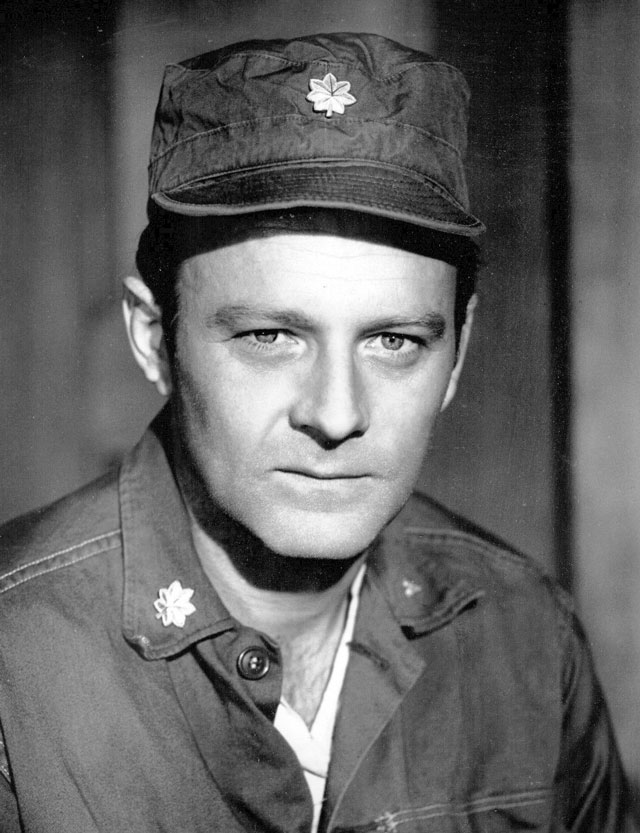
By the end of season 5, Larry Linville’s contract expired, and he chose not to return. While MAS*H’s producers wanted him to stay, Linville felt he had taken the character as far as it could go.
Frank Burns had no character development—he remained the same bumbling, arrogant officer he had always been. Unlike Margaret, who grew into a strong, independent leader, Frank was stuck in his ways.
Linville’s decision to leave was partly due to:
- Burns’ lack of growth – He had become predictable, and the role no longer challenged him as an actor.
- Typecasting concerns – Linville worried he’d be forever associated with Burns’ whiny, incompetent personality.
- A desire for new opportunities – Linville wanted to explore other roles outside of MAS*H’s comedy structure.
The producers initially considered bringing him back for a farewell episode, but Linville declined, and Frank Burns simply disappeared between seasons 5 and 6.
Frank Burns’ Heartbreaking Exit
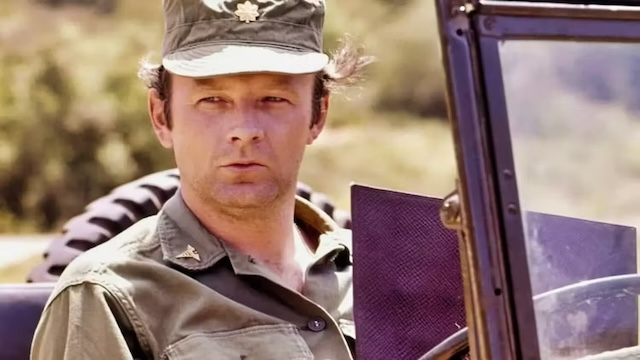
Although Frank never received a proper send-off, his final season showed him unraveling emotionally.
The breaking point? Margaret Houlihan’s engagement to Lt. Col. Donald Penobscott.
Burns, who had been having an on-again, off-again affair with Margaret, took the news poorly. His arrogant, controlling persona collapsed, revealing a deeply insecure man who truly believed Margaret would never leave him.
His final appearances in season 5 showed him spiraling into a jealous rage, drinking excessively, and losing his grip on reality.
Ultimately, in the season 6 premiere, it’s revealed that Frank had a nervous breakdown and was sent back to the U.S. on a Section 8 discharge (a real-life military designation for mental instability).
It was an unceremonious exit, but in many ways, it fit the character—Frank Burns was never going to have a noble departure. His own stubbornness, cowardice, and inability to grow led to his downfall.
What Came Next: Enter Major Charles Winchester
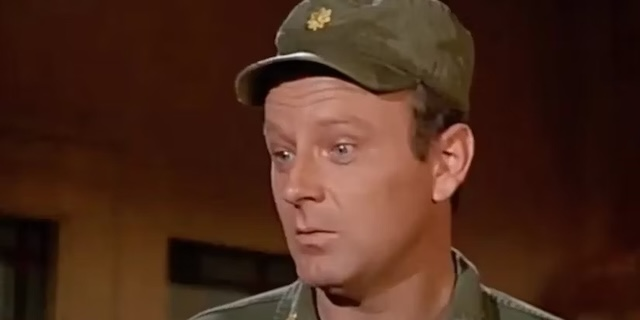
Frank Burns’ exit left a vacuum in the show, which needed a new antagonist—but one who fit the evolving, more dramatic tone.
Enter Major Charles Emerson Winchester III, played by David Ogden Stiers.
Unlike Burns, Winchester wasn’t a bumbling idiot—he was a highly skilled, intelligent, yet pompous surgeon who actually posed a challenge to Hawkeye and B.J..
This shift gave the show:
- More intellectual battles between Winchester and Hawkeye.
- A character with depth, who, despite his arrogance, showed moments of genuine kindness and complexity.
- A better fit for the dramedy tone, as Winchester could be comedic but also engage in serious storylines.
Winchester wasn’t just a replacement for Burns—he was a necessary upgrade.
The Impact of Frank Burns’ Departure on MAS*H
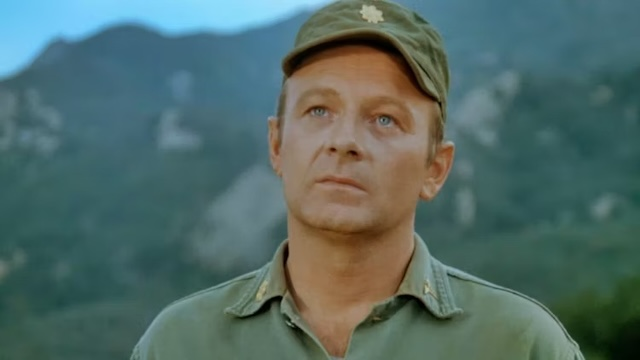
In retrospect, Frank Burns had to go for MAS*H to reach its full potential. His character belonged to the earlier, more comedic era of the show. But as MAS*H transformed into a series that balanced humor with the harsh realities of war, Burns felt out of place.
His exit allowed the series to:
- Introduce more nuanced characters, like Winchester, who fit the evolving themes.
- Allow Margaret to grow, no longer tied to Burns as her primary storyline.
- Shift the humor from slapstick gags to intelligent, character-driven comedy.
- Emphasize the psychological toll of war, which became a key element in later seasons.
Conclusion: Frank Burns’ Legacy in MAS*H
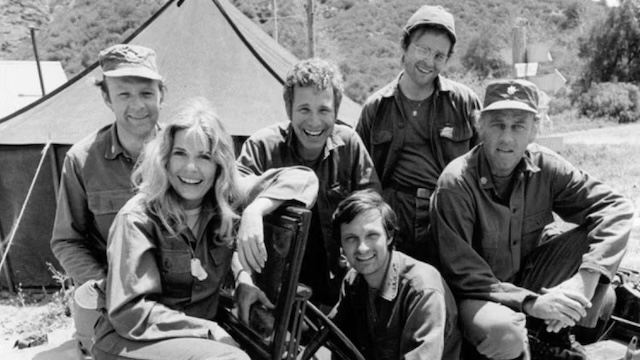
Even though Frank Burns was one of the most hated characters in MAS*H, he played a crucial role in shaping the show’s early identity. His departure was necessary for the series to evolve, but his presence remains a memorable part of television history.
Larry Linville’s brilliant portrayal of Burns left an impact, and his character remains one of TV’s most iconic comedic villains.


